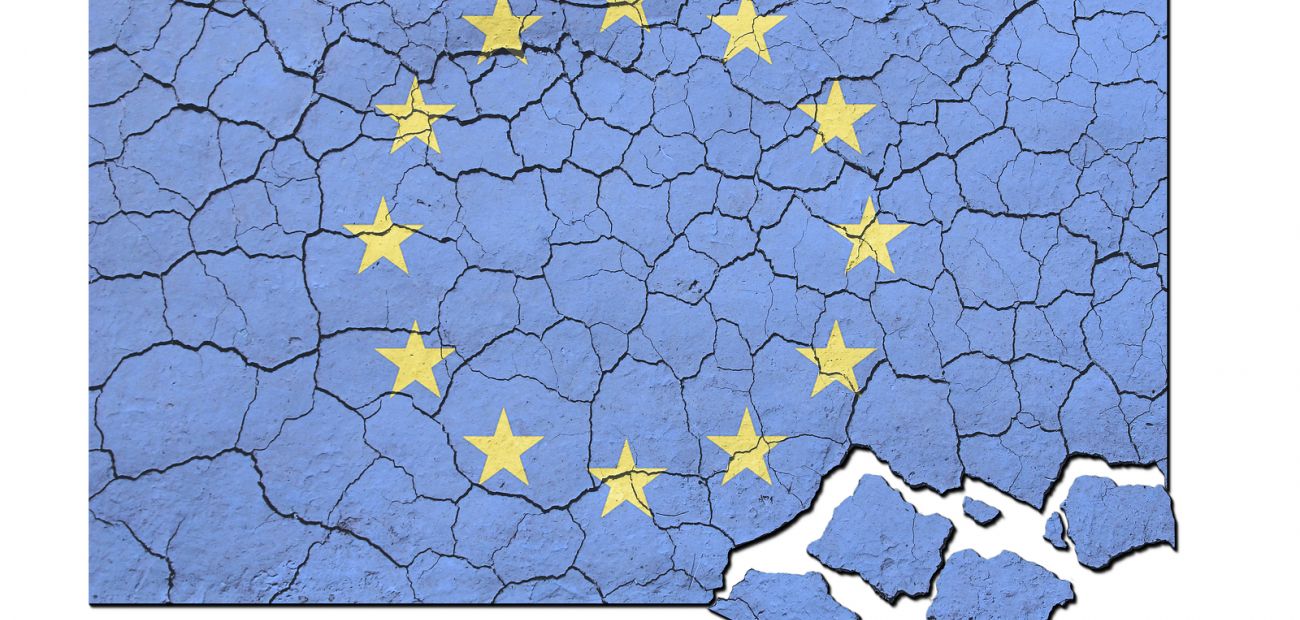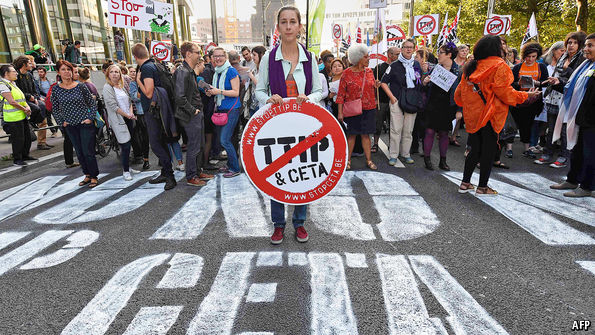Party politics (2017) with S.A.Massari
The Great Recession is a non-trivial test bed for the theory of economic voting, especially if its predictions are decomposed at the party level, as done in this article by analysing the electoral performances of parties competing in 89 national elections held in the 28 member states of the EU between 2003 and 2015. We acknowledge counterintuitively that prime ministers’ parties are able to exploit the relatively good state of the economy, while sharing the blame with their allies in times of crisis, counting on the lack of clarity in the attribution of responsibilities and deploying their heresthetic capacities. We further recognize that new parties, more than opposition ones, proportionally profited from the recession. Tough times magnify the alternation between left- and right-wing victories, without necessarily favouring the most radical parties, whereas the EU’s supposed responsibility in prolonging the crisis fuelled the success of Eurosceptic parties.



 This
This 
